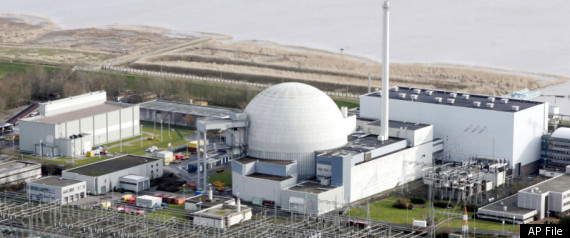Europe’s economic powerhouse, Germany, announced plans Monday to abandon nuclear energy over the next 11 years, outlining an ambitious strategy in the wake of Japan’s Fukushima disaster to replace atomic power with renewable energy sources.
Chancellor Angela Merkel said she hopes the transformation to more solar, wind and hydroelectric power serves as a roadmap for other countries.
Merkel’s government said it will shut down all 17 nuclear power plants in Germany – the world’s fourth-largest economy and Europe’s biggest – by 2022. The government had no immediate estimate of the transition’s overall cost.
The plan sets Germany apart from most of the other major industrialized nations. Among the other Group of Eight countries, only Italy has abandoned nuclear power, which was voted down in a referendum after the 1986 Chernobyl disaster.
The decision represents a remarkable about-face for Merkel’s center-right government, which only late last year pushed through a plan to extend the life span of the country’s reactors, with the last scheduled to go offline around 2036. But Merkel, who holds a Ph.D. in physics, said industrialized, technologically advanced Japan’s “helplessness” in the face of the Fukushima disaster made her rethink the technology’s risks.
The government said the renewable energy sector already employs about 370,000 people.
